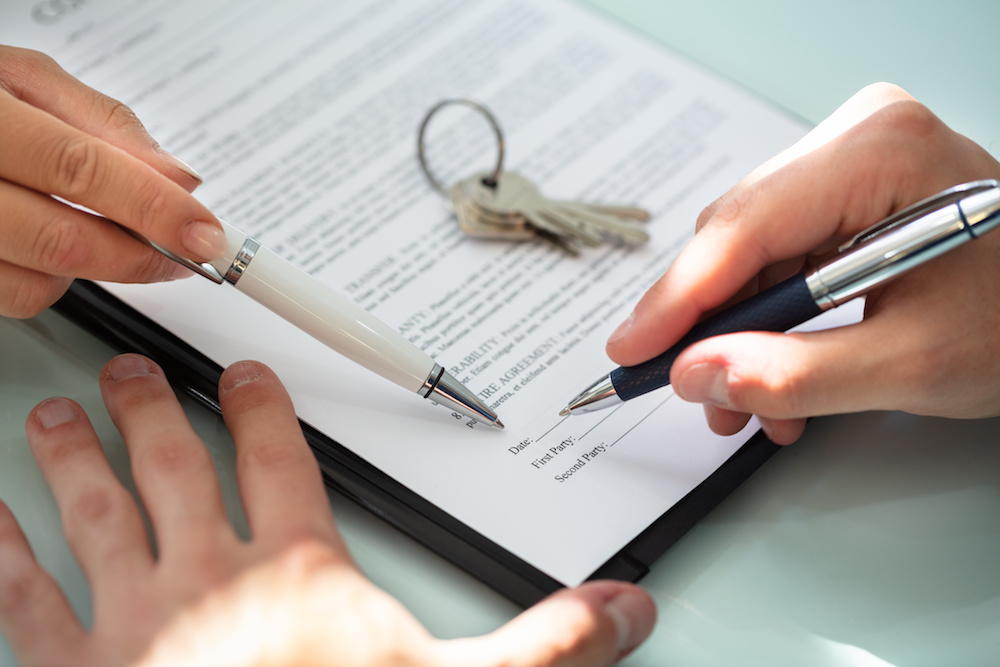Relationships between landlords and tenants should be professional but also clearly defined. Both parties have expectations that they need to live up to, but when lines are blurred, expectations and duties can become problematic. Friendships between landlords and tenants can seem beneficial but often lead to communication problems.
Selection of a Tenant
Once the landlord receives an offer, which hopefully contains comprehensive financial information, the due diligence term should commence for the landlord. Are the financials audited (most companies are not audited), or are they internal statements? The landlord should request at least a minimum of one to two years of operating statements. It is recommended to send the applicants’ statements to the landlord’s accountant for accurate examination. Every industry is different, and their current statement may or may not be consistent with industry standards.
The landlord should be able to review past debts and if the applicant pays on time. The most important reference the prospective company has is its current landlord. The landlord should request from the prospective tenant’s contact information of their current landlord or even their past landlord. Is the tenant current in their rent, and how long has the relationship been in existence? A long-term relationship with their current landlord speaks volumes of credibility.
Security Deposits
The security deposit should reflect the tenant’s credibility and use of the premises. Some landlords feel if the tenant goes broke, what are my costs for rehabilitation? The costs involved may be small in a good real estate market, but it can be disastrous in a downturn such as the recent pandemic. Therefore, the security deposit is one of the most critical elements of a lease.
Costs of losing a tenant should be measured by an estimate of the fee paid to the broker to release the premises, cleanup of the vacant space, and a projection of how long it will take to release the premises in a good and bad market. There is no science in determining security deposits, but industry standards should not be causally accepted.
Use of the Premises
The use of the premises should be consistent with past experiences within the building. In new construction, the use should be what was contemplated for the property. Do not be tempted by using that potentially hazardous user for the property and/or a tenant that may not be a good fit for the property. Adjacent tenants should complement each other and not be competitive.
Protection of the Landlord
It is recommended that a real estate lawyer draft the lease even though a form lease is tempting to use. A competent lawyer may seem expensive, but they are worth their weight in gold for the landlord’s protection. A form lease, such as the AIR CRE produces, maybe a good foundation for a contract, but a lawyer will be able to modify that form lease considering the tenant’s business.
Tenant or Partner
In closing, the landlord should theoretically feel that the tenant is a partner. The tenant should be treated with respect since the relationship is one that can last for years and be beneficial to both. This supposed partnership should never be considered taken lightly, and neither party should feel that they have more power over the other. After years of occupancy, the parties should thank each other for the parts they have played in each other’s success (this rarely happens).
Contact Lee Segal for Real Estate Expert Witness
Lee Segal has many commercial and industrial real estate properties that he manages for clients; in addition, he represents several clients in leasing their commercial and industrial real estate portfolios. He has extensive knowledge in leasing contracts and agreements and property management; as a result, he is called upon frequently to testify as an expert witness in landlord/tenant disputes. Contact Lee Segal today to schedule a complimentary consultation.



